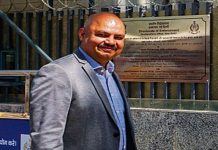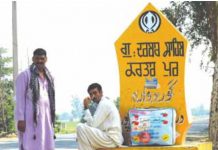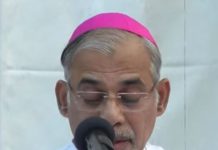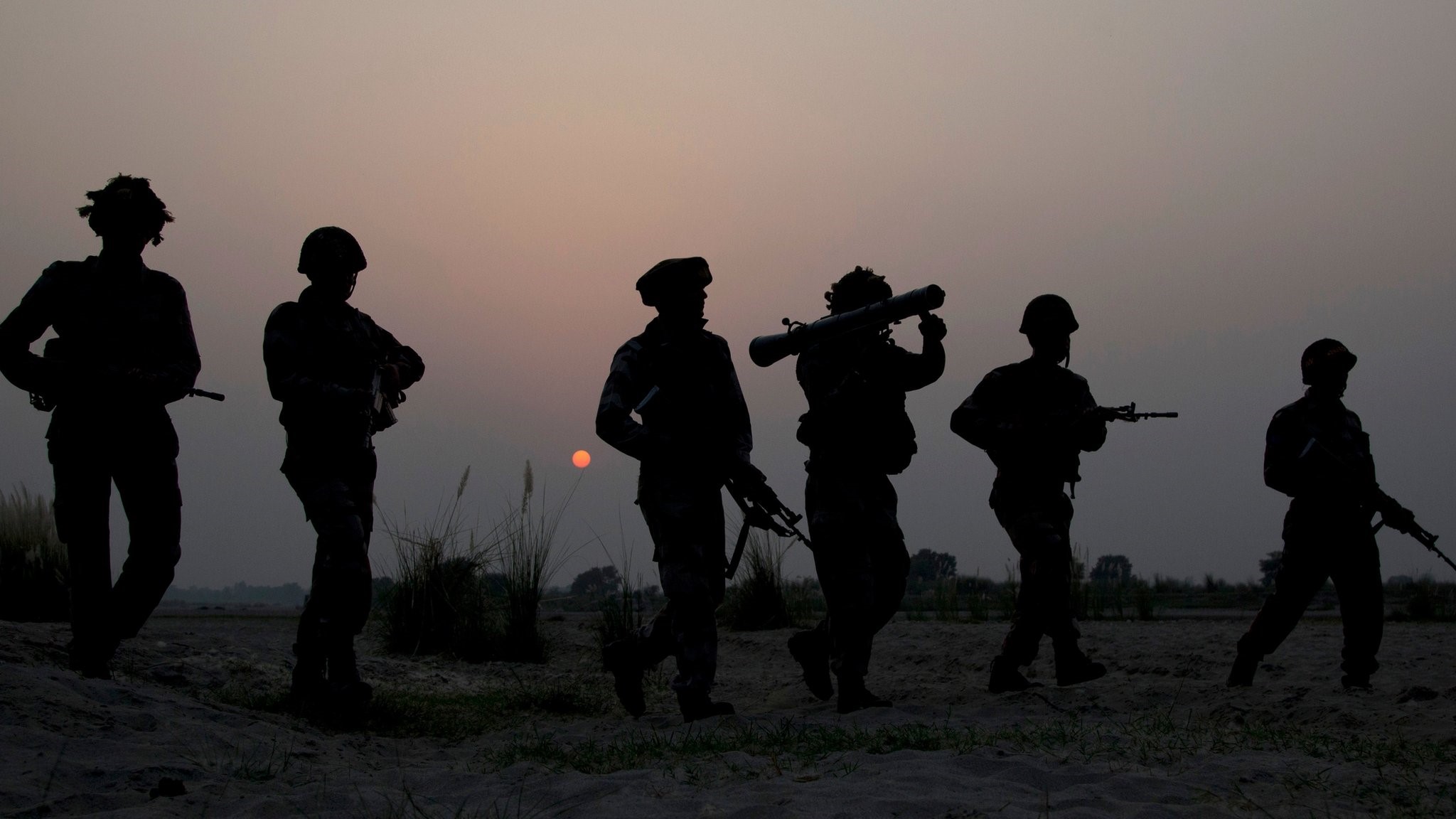
In fact, in these recent years we have witnessed less of governance and more of distracting tactics — surgical strikes, war cries, setting one community against the other, new names for cities and townships, un-spared even the roads!
No matter how hard I try to view from the glass half- full angle, but just can’t. As nothing seems to be going fine. No sudden eruption, but an ongoing decline right the summer of 2014. In fact, we have reached such a hopeless situation that nothing really shocks. Perhaps, in these recent years we have been witnessing too many perversions, deprivations, human disasters.
In fact, soon after the Modi government took charge, the masses awaited miracles to take off, as promised in the speeches at the political rallies, but only severe setbacks and bigger disappointments held out. Correct me if I’m wrong but 2016 will be remembered as the year of ‘notebandi’ (demonetization). One of the biggest setbacks for the citizens of this country was demonetization. And in 2017, Mahatma Gandhi was ‘removed’ from the charkha and his place ‘taken’ by Narendra Modi. Shots of Khadi Udyog’s new-year calendar had hit many and public outcry followed: Even Mahatma Gandhi not spared in these fascist times!
And even as the establishment continued to come up with those hollow development slogans, anger had started spreading out. In 2017, for the first time in the recent history of India, farmers travelled from the far flung regions; reaching New Delhi, squatting right in the midst of the capital city, focusing on their plight…Today, of course, our farmers are protesting at the Delhi borders and in several states of the country. The farmers are upset and angry with the very passage of the three Farm Bills.
In fact, in these recent years we have witnessed less of governance and more of distracting tactics — surgical strikes, war cries, setting one community against the other, new names for cities and townships, un-spared even the roads!
The deterioration continues, with unemployment and the economic crisis overtaking everyday life. Communal violence has been accelerating as never before.
And in the midst of fears and apprehension, displacements have been taking place. In these recent years I have been interacting with those displaced from the rural stretches of North India. Mind you, forced shifts in the rural belts are pointers to bigger disasters. After all, when communal politics reaches rural stretches and hits the poor, it reeks of eerie build-ups. Yet, today, entire families are getting uprooted from their base! With the State standing as a mute force or as a collaborator!
And with hunger and deprivation on the rise, the masses do not want to hear any of those stale speeches. Enough! Only freshly made daal–rotis will do. But where are those everyday survival basics? Nowhere in sight!
Unless civil society moves in and tries to rescue the hopeless situation, our young face a very bleak future. Hunger, deprivations, injustices are hitting the young as never before. With the future holding out little respite.
In fact, in certain regions, the so termed conflict regions, the young haven’t seen a single day of peace. There’s been only violence and counter violence, where locals and as well as non- locals, from all possible communities, get killed.
Nah, I am not going to wait till 10 December, World Human Rights Day, to detail the horrific human rights violations ongoing here, in our country , in these current times. Where the actual or the official killers are seldom caught and nailed. It’s the un-official ones and those labeled ‘sympathizers’ who get hounded and harassed to such an extent that they sit ruined for generations to come.
Mind you, the prime accused killer in the Lakhimpur Kheri killings couldn’t really flee because of the tremendous pressure put forth by the Opposition leaders and also by the farmer leaders; otherwise Ashish Mishra and his father, Ajay Mishra, who happens to be MOS Home, had come up with all possible alibis and false narratives for his son’s non-involvement in those killings.
With this in the background it is no mathematical quiz to not comprehend the basic crucial ‘why’ the crime rate is on a huge high, where the culprits roam about freely and all too unperturbed about arrests.
‘Five novellas about women’
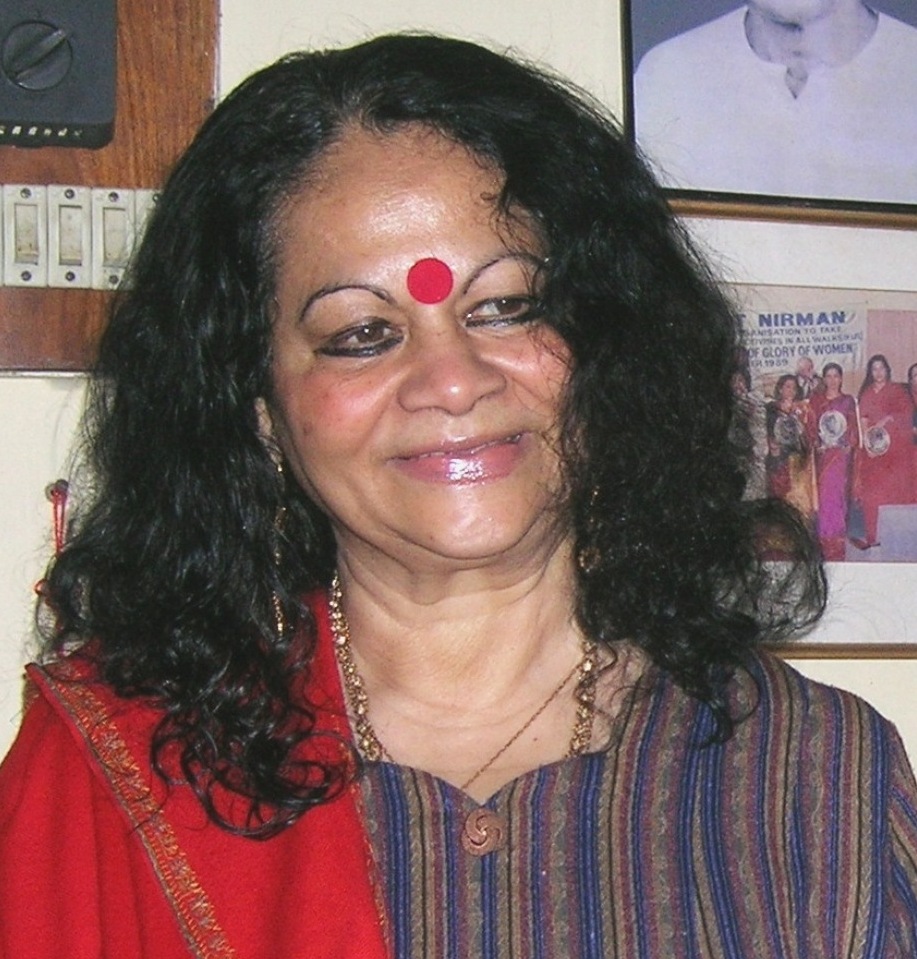
The well-known writer and commentator, Indira Goswami, passed away exactly ten years back. Winner of India’s highest literary award, the Jnanpith (2001), as well as the Sahitya Akademi Award (1983), and the Principal Prince Claus Laureate (2008), she was also an editor, poet, professor, and scholar, best known for her novels such as The Moth Eaten Howdah of the Tusker, Pages Stained with Blood and The Man from Chinnamasta.
Publishers Niyogi Books have recently launched Indira Goswami’s novellas. Titled, ‘Five Novellas About Women’( translated from Assamese by Dibyajyoti Sarma). I am looking forward to reading this latest translated work of Indira Goswami, more so as I had met and interacted with her on several occasions.
This was about twenty years back, when she was teaching at the Delhi University and residing on the campus. A simply done-up, neat home with an abundance of warmth. In fact, two aspects stand out to this day, even whilst I’m keying in. Her pet dog was always kept far away from guests and visitors, as she would tell us that she doesn’t believe in inflicting or imposing her pets on visitors. No matter what time or day one landed at her place the dog wasn’t allowed to enter the drawing room…The other aspect was that tea and snacks and sweetmeats were served on a tray or platter and she would insist that we don’t go back hungry from her home. There was something genuinely sincere about her and the minute one entered her home she would greet with a smile, followed by tea and snacks, and then our talks would go on …nah, she wasn’t inquisitive nor curious, but then as our talks would take off there’d be much of the offloading. You know the conversation would go on …endlessly along the outpouring strain.
Calling a spade a spade
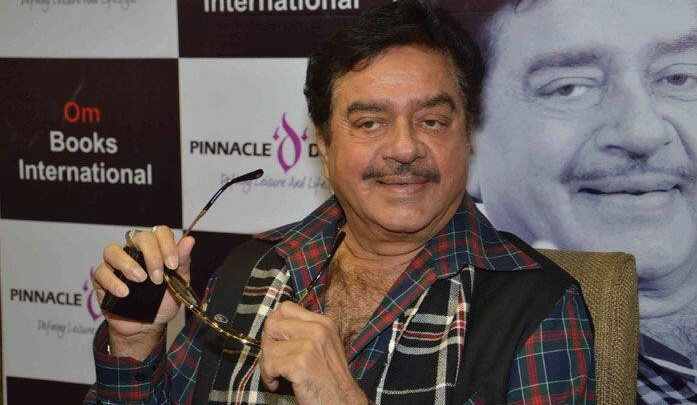
Do listen to what Shatrughan Sinha has to say about Aryan Khan….and the entire case!
I do make it a point to watch and hear news on NDTV. It is far away from the Godi media news, and so comes across as genuine and real news!
Just a couple of days back, watched this bold cum frank interview of Shatrughan Sinha with NDTV’s Manoranjan Bharti, where the veteran actor said whatever he could say and comment on Aryan Khan and the drugs case and the general scenario spreading out. He said all that he could possibly say in his typical bold fearless style. No, none of the Khans would have said so much, so very openly!
Shatrughan Sinha does carry a personality. I had interviewed him just once and that was several years back when he was fighting elections, pitted against Rajesh Khanna for the New Delhi seat. I recall it was tough tracking down exercise but once that got over, the rest wasn’t too difficult … it had taken me five days to find out where Shatrughan Sinha was putting up in New Delhi and together with that, his contact telephone numbers. And finally his brother, Dr Lakhan Sinha, had given the time for the interview, at their apartment at the erstwhile controversial building, The White House ( then situated close to the Mandi House complex).
And as I arrived there at the appointed time, I could meet Shatrughan Sinha in the lift itself …the lift taking us upwards to the eleventh floor where his apartment was situated. And when the interview finally took off, it was a longish interview with our differing views making it even longer but it was all very civil. No, I wasn’t apprehensive of getting thrown off from the eleventh floor because of my repeatedly questioning him for fighting on the BJP ticket.
When I had asked him why he’s with a political party which had been bringing along divisions amongst the masses he said, “ I’m not communal…I don’t believe who is a Hindu or who is a Musalmaan or a Christian…just believe in Insaniyat. I have been telling my party workers to treat all communities equally.” He had even gone on to detail his friendships with Muslim families in the country and elsewhere in the world.
And as the interview went ahead, we had arguments on the BJP’s stand on the Babri Masjid and on several other sensitive issues. And even when I openly disagreed with his views or view-points, I knew I was interviewing a gentleman, who wouldn’t shriek or shout or stab or abuse!
Fabindia pulls ‘Jashn-e-Riwaaz’ ad

Well, the ground reality has turned so very pathetic that the popular outlet Fab India had to withdraw its ad – Jashn-e-Riwaaz! Why? Because some of its clients or buyers or the communal characters around, didn’t quite okay the Urdu sounding Jashn-e-Riwaaz!
This is the dark reality of the day. So well seeped in is the communal poisoning that even a Urdu sounding word or term is phrase is not to be tolerated by the Right-Wing men and all those characters who are following them rather too blindly…The stark reality of the day is that this ‘connecting language’, Urdu, lies crushed and deadened in the midst of the communal virus spreading out as never before.
Around 2005, I had met a researcher, Valerio Pietrangelo at the Jamia Millia Islamia. I was a visiting professor at that university and he was pursuing advanced study of Urdu and Arabic from the University of Rome and had travelled to Jamia Millia Islamia as part of his research work on ‘Partition Literature in Urdu, Written by Women.’ With that in the backdrop, I’d asked him to comment on the Indian Muslims he’d been meeting and also his comments on their mother tongue, Urdu. Valerio was forthright, “As my main concern has always been Urdu language and literature, my contact with the Muslim community in India has always been filtered by my perception of the language issue. My impression is that Muslims are in a certain sense a backward community, at least many of them. As I met Muslims, I realized how dramatically they are shifting to Hindi and other Indian languages since government is not promoting Urdu language and literature. I think language is an essential element of group identity, therefore, I feel that Muslim identity is threatened.”
And Khushwant Singh minced no words, detailing the slow death of this language, “Urdu is dying a slow death in the land where it was born and where it flourished. The number of students who take it as a subject in schools and colleges is dwindling…Apart from Kashmir, where Urdu is taught from the primary to the post-graduate levels, in the rest of India it is the second or third language. With the passing of years it has come to be dubbed as the language of the Muslims, which is far from the truth.”
Khushwant would recite these verses of Urdu poets Rashid and Khurshid Afsar Bisrani, focusing on the near-death of Urdu.
Rashid’s verse: Maangey Allah se bas itni dua hai Rashid /
Main jo Urdu mein vaseeyat likhoon beta parh ley.
(All Rashid asks of Allah is just one small gift/ If I write my will in Urdu, may my son be able to read it.)
Khurshid Afsar Bisrani’s verse: Ab Urdu kya hai ek kothey kee tawaif hai /
Mazaa har ek leta hai,mohabbat kaun karta hai.
(What is Urdu now but a whore in a whorehouse / Whoever wants has fun with her, very few love her.)
*****
In today’s India, Urdu stands reduced to such lows that knowledge of Urdu cannot ensure employment; nor the basic means to survival. This treatment meted out to a language that carries the subtle power to heal and control emotions and much more long the strain – A study conducted by the Lucknow-based Centre for Biomedical Researches (CBMR) published in an edition of international journal ‘Neuroscience Letters’ states that reading Urdu script and Urdu couplets helps in brain development. This report, based on extensive research, goes to prove that learning and reading Urdu couplets helps in controlling emotions, coping with stress, delaying dementia. It could also be helpful for children with learning disabilities.
I can say with much confidence that another positive is this — Urdu couplets, dripping with romantic strains, carry the ability to distract one from the dark realities of the day.
Perhaps, this particular verse of Sahir Ludhianvi relays the stark dark truth of the hypocrisy ridden times we are surviving in:
The same cities where once Ghalib’s voice resounded
Now have disavowed Urdu, made it homeless
The day that announced the arrival of freedom
Also declared Urdu a cursed and treacherous language
The same government that once crushed a living tongue
Now wishes to mourn and honour the dead
The man you call Ghalib was a poet of Urdu
Why praise Ghalib after suppressing his language.








